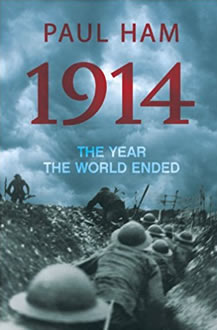

Author(s): Paul Ham
Published by Penguin Random House on 10/01/2013
ISBN: 1864711426
ASIN: B00F24Y1Q8
Genres: History, WWI
Pages: 704
Format: eARC
Source: Netgalley
Buy on Amazon •
Few years can justly be said to have transformed the earth: 1914 did.
In July that year, Germany, Austria-Hungary, Russia, Britain and France were poised to plunge the world into a war that would kill or wound 37 million people, tear down the fabric of society, uproot ancient political systems and set the course for the bloodiest century in human history.
In the longer run, the events of 1914 set the world on the path toward the Russian Revolution, the Treaty of Versailles, the rise of Nazism and the Cold War.
In 1914: The Year the World Ended, award-winning historian Paul Ham tells the story of the outbreak of the Great War from German, British, French, Austria-Hungarian, Russian and Serbian perspectives.Along the way, he debunks several stubborn myths.
European leaders, for example, did not stumble or ‘sleepwalk' into war, as many suppose. They fully understood that a small conflict in the Balkans – the tinderbox at the heart of the continent – could spark a European war. They well knew what their weapons could do.
Yet they carried on. They accepted – and, in some cases, even seemed to relish – what they saw as an inevitable clash of arms. They planned and mapped every station on the path to oblivion. These pied pipers of the apocalypse chose war in the full knowledge that millions would follow, and die, on their orders.
1914: The Year the World Ended seeks to answer the most vexing question of the 20th century: Why did European governments decide to condemn the best part of a generation of young men to the trenches and four years of slaughter, during which 8.5 million would die?
I received this book for free from Netgalley in exchange for an honest review. This does not affect my opinion of the book or the content of my review.
1914: The Year the World Ended is an accounting of the origins of World War I. It takes on myths that surround the war and tries to show why the powers that be in Europe allowed the world to dissolve into one of the bloodiest conflicts in history. The author, historian Paul Ham, asks why 8.5 million people had to die.
There is no denying that Paul Ham is a skilled historian. His research for this book is thorough and meticulous. He has a very firm grasp of all the events that built up and eventually lead to the war and the players involved. This book is very detailed and gives a very complete explanation of the causes of World War I.
While as a history text it does succeed, in every other way this book fails. It is billed as a narrative account and it is anything but that. The book is packed full of references and quotes. This is great if you need to as a reference source for a college paper, but not so great if you just want to read it. Although there is no doubt that Mr. Ham is a skilled writer that skill is purely academic focused and not made for entertainment. The book is incredibly dense and slow to read. Not that it isn’t interesting. For hard core history fans there is good information here. The big issue is that there are more enjoyable ways to get the information.
The subjects covered in this book are far from unique. Other writers have covered the same ground and done so in a much more enjoyable fashion. When put up next to something like The Guns of August which makes many of the same points, 1914 just doesn’t hold up. Barbara Tuchman managed to give us the same information but in a truly narrative way that is significantly more readable. I didn’t find any of Ham’s conclusions unique, and many of the “myths” about the war I would never consider myths. Anyone who has enough interest in history to read this kind of book already knows that the “myths” he describes aren’t correct. People that believe in these “myths” would never read this book and if they did would never finish it.
The other big issue is that the way he tells the story comes off as pretentious. There were times when it felt like Ham went out of his way to quote French poets and Italian artists. I get that he was trying to give a feel to the way people saw the world just before the war, but it felt more like the author saying “look how smart I am.” I am sure that isn’t what he was actually doing, at least not consciously, but it came off that way all the same.
The biggest crime of 1914 is that it is simply boring. I read a lot of history books and am a fan of the genre, and this is a perfect example of a type of history book I do not enjoy. This is the book you get assigned by a professor because of all the primary sources, not one you read for pleasure.
If you are doing a research paper on World War I then this is the right book for you. Otherwise you can get the same information in a better form elsewhere.
| Rating Report | |
|---|---|
| Writing | |
| Pacing | |
| Cover | |
| Overall: | 2.2 |

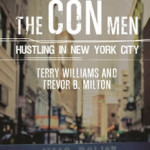
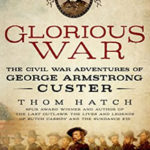
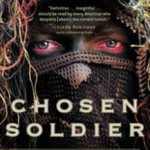





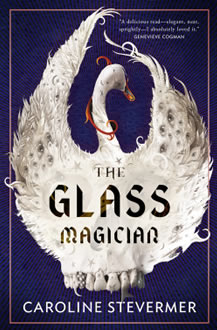
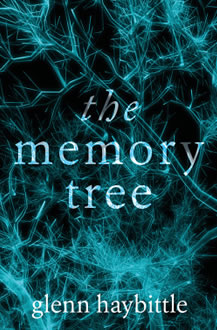
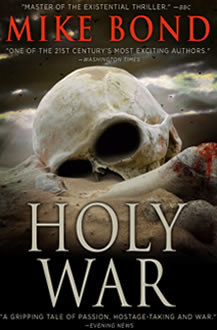
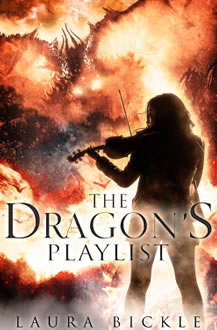
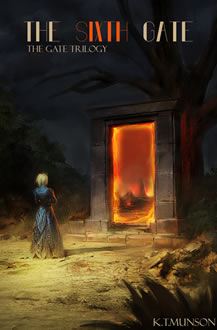
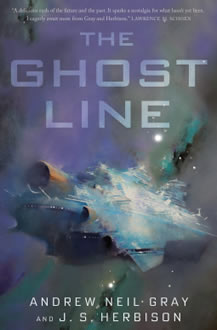
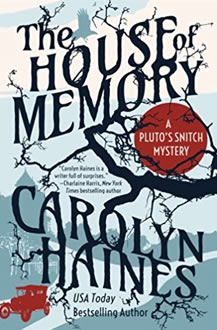
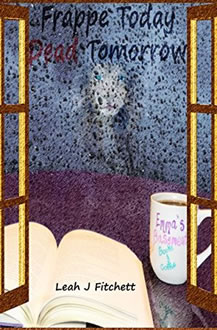
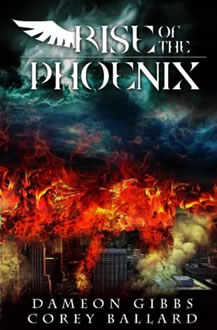
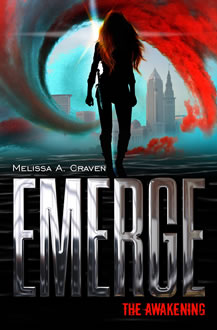
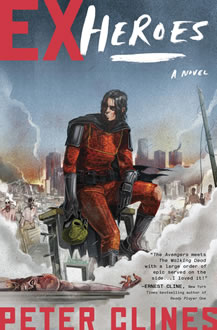
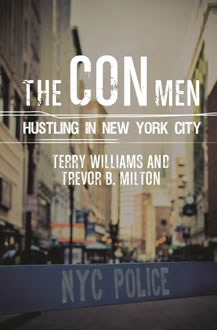
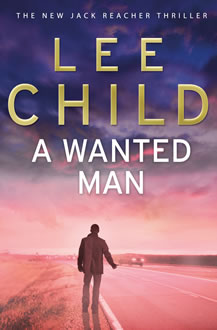
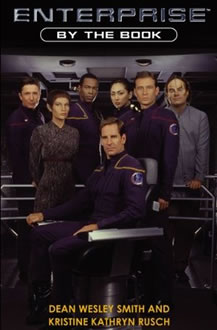
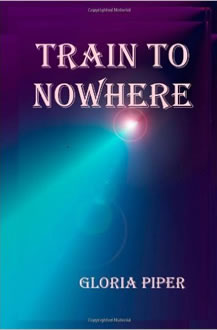




History Reader
Is it as bad as your review says. Academic doesn’t make it bad.
Travis Starnes
Honestly, yes. I get that history is academic but it still needs to tell a story and not just lay out facts.